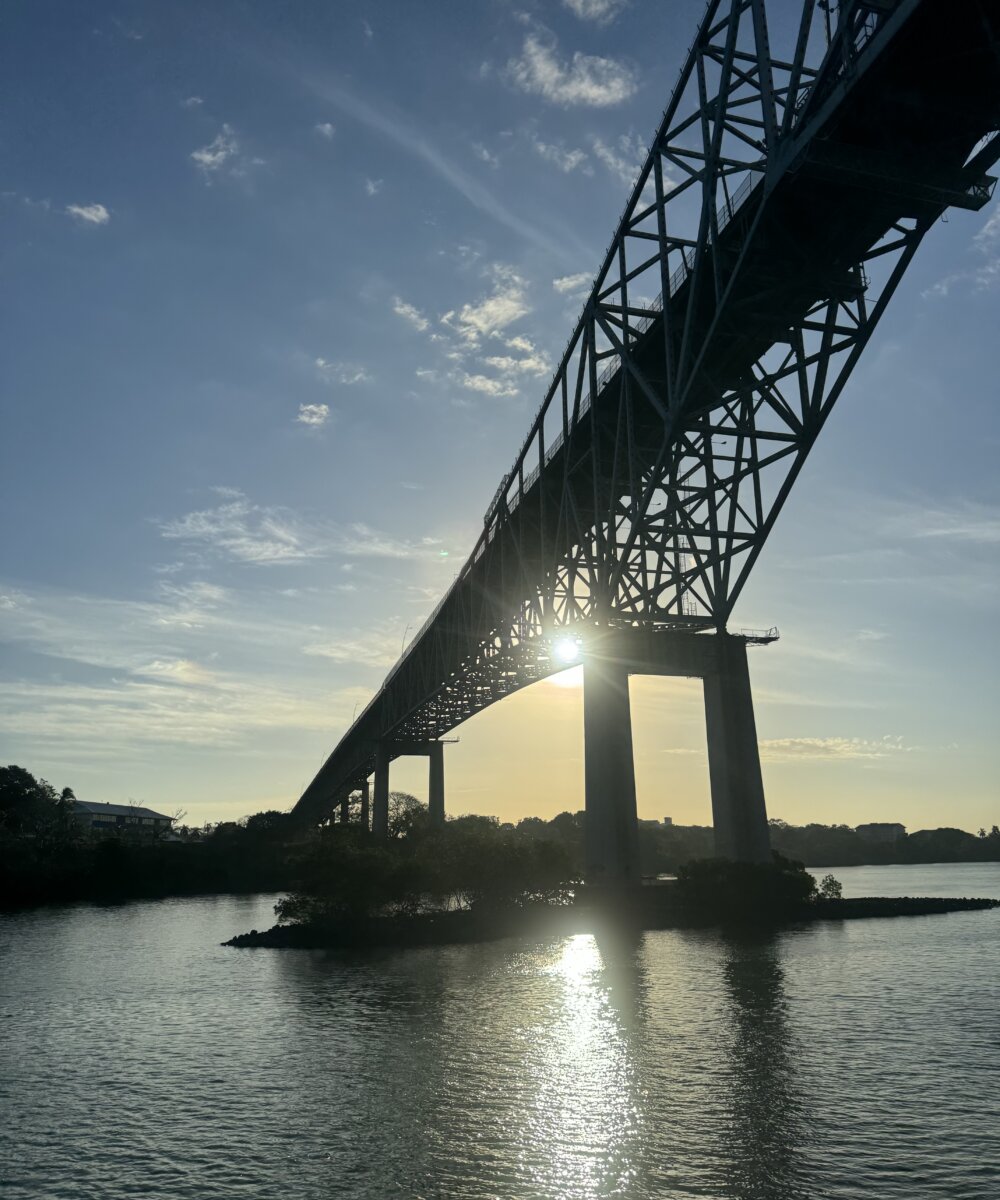by Andrew Flake
In an earlier post on the ZF Automotive decision, I projected that there was some “play in the joints” for arguing over whether certain tribunals would be considered “foreign or international, but that “for now, we know private commercial arbitration — and even investor-state arbitration, an issue considered in ZF Automotive as part of a consolidated appeal — does not fit the bill.”
So in one sense, the outcome of this week’s opinion, Webuild S.P.A. v. WSP USA Inc, an investor-state case, is not a surprise: In Webuild, the Second Circuit considered whether an ICSID tribunal is one that exercises governmental authority, such that discovery is available under 28 U.S.C. Section 1782, and based on ZF Automotive, decided it was not.
On the other, WeBuild is the very first appellate decision to apply ZF Automotive to a tribunal formed under the rules of the International Centre for the Settlement of Investment Disputes (ICSID). Also, the underlying dispute involves the Republic of Panama, which intervened as a party, and the Panama Canal, which is always an interesting subject — not to mention that I had the chance to visit the Canal earlier this year and sail past the very project, a third set of locks, that was the subject of the arbitration!
Before jumping in, though, some background: A specialized statute, 28 U.S.C. Section 1782, lets parties to certain foreign-country disputes obtain discovery under the U.S. rules. The statute applies to foreign “tribunals,” and ZF Automotive, decided what until then had been an open question in some Circuits, namely, whether such a “tribunal” includes private international arbitration. It does not.
The consolidated appeals in ZF Automotive involved arbitration tribunals formed under the German Arbitration Institute (DIS) and, in a bilateral investment treaty dispute, under UNCITRAL rules. Neither tribunal had been set up by a foreign nation and were not “foreign,” and neither of them was, in the Supreme Court’s view, imbued with actual governmental authority, neither was determined to be an “international tribunal.”
With that background, we can embark on the Webuild-WSP dispute. I’ll sail quickly through the facts: Webuild, an Italian investment company with a speciality in infrastructure, was a member of a Panamanian consortium formed to “facilitate investment in a proposed expansion of the Panama Canal.”
The consortium won the construction bid for the project — an expanded set of third locks for the canal — from the Canal Authority, completing construction in 2016.
Post-project, Webuilt came to believe it had not received full information about project finances during bidding and project construction, so it claimed against the Republic of Panama under the bilateral investment treaty (BIT) between Panama and Italy, commencing an arbitration under ICSID rules.
In connection with this dispute, Webuild applied under Section 1782 on an ex parte basis to the Southern District of New York, obtaining a subpoena for discovery of information to support its claims from WSP, which, by virtue of a consulting company it acquired, had custody of project-related records.
After the ZF Automotive opinion came down, leading another party that had joined with Webuild in seeking discovery to withdraw its 1782 application, the Republic of Panama intervened and along with WSP, moved to vacate the earlier order. Based on ZF Automotive, District Judge Kaplan granted the motion to vacate, closing the lock on any U.S.-based discovery.

But Webuild pushed on, appealing that result and arguing that the ICSID arbitration panel in the Webuild-WSP-Panama dispute was indeed a “foreign or international tribunal.”
To make its argument, Webuilt strived, as it had to, to distinguish the UNCITRAL tribunal in ZF Automotive from an ICSID tribunal. Suggesting an ICSID arbitral tribunal was a “quintessential” international tribunal, Webuild focused on the front end, the governmental role in creating the ICSID treaty framework, as well as the back end, the governmental and judicial roles in enforcing resulting awards.
Unfortunately for Webuild, its arguments forked the shells but missed the oyster. The focus of ZF Automotive, and what the District Court considered, was the tribunal itself. And that tribunal, the Court found, was formed by the parties with no intent to confer any governmental authority; the tribunal’s power was conferred, not by a government, but by the consent of the parties.
In the Second Circuit’s view, “the characteristics of UNCITRAL that the ZF Automotive Court found insufficient to give the ad hoc arbitration panel at issue there a governmental character are virtually the same as those of Webuild’s ICSID Tribunal.” Thus, concluding there is “no principled basis for distinguishing this case from ZF Automotive,” the Second Circuit affirmed the District Court’s determination that Section 1782 discovery is not authorized for Webuild’s ICSID arbitration.
The decision is notable as the first applying ZF Automotive to determine that Section 1782 does not apply to ICSID arbitrations. Going forward, we can expect additional case-specific arguments to reach our appellate courts, based not only on ZF Automotive but also 2004’s Intel v. Advanced Micro Devices opinion, over whether particular arbitral tribunals are sufficiently imbued by multiple nations with governmental authority for U.S. discovery to be available.
[The case is Webuild S.P.A. v. WSP USA Inc., No. 23-73, 2024 U.S. App. LEXIS 17811, at *15 (2d Cir. July 19, 2024)]
